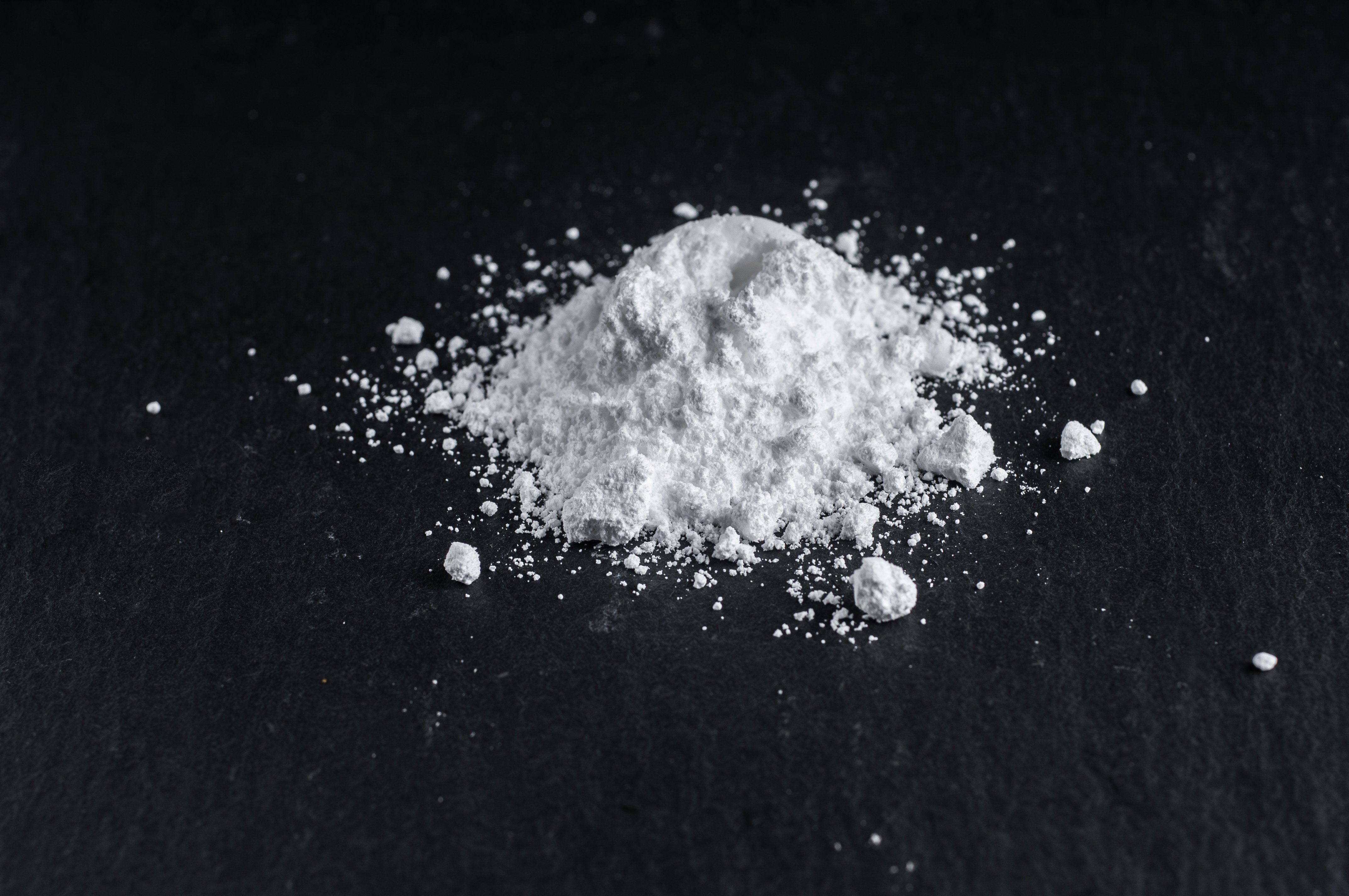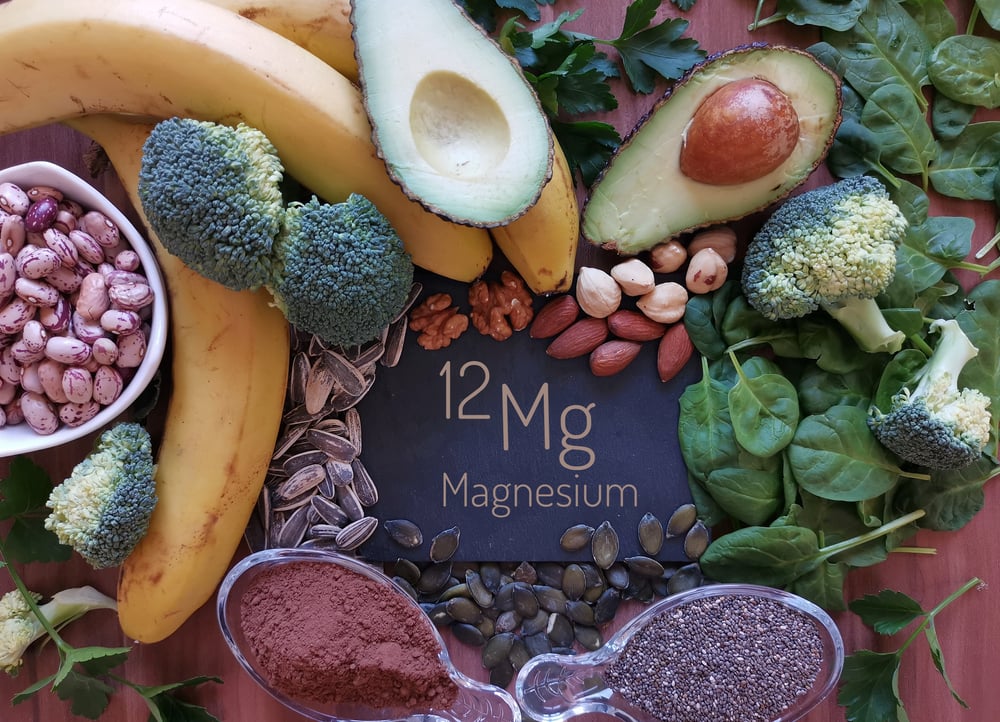Introduction
Vitamin K2 is essential for bone health, cardiovascular function, and calcium metabolism. Yet, many people unknowingly suffer from a deficiency. Here are six common causes of low vitamin K2 levels.
ADVERT
1. Insufficient Dietary Intake
3. Disruptions in Gut Bacteria
Your gut microbiome plays a critical role in synthesizing and absorbing vitamin K2. An imbalance—too many harmful bacteria and not enough beneficial ones—can interfere with nutrient production and absorption, contributing to a deficiency.
4. Conditions Affecting Fat Absorption
Vitamin K2 is a fat-soluble vitamin, which means proper fat digestion is crucial for its absorption. If your liver or gallbladder isn’t functioning optimally, it could impair fat absorption—and with it, your ability to utilize vitamin K2. Conditions like gallstones, bile insufficiency, or liver disease can all play a role.
5. Antibiotic Use
While antibiotics are sometimes necessary, they can also disrupt your gut flora, wiping out the good bacteria that help produce and support the absorption of vitamin K2. Frequent or long-term antibiotic use is a common factor in deficiencies.
6. Certain Medications
Several medications can interfere with vitamin K2 levels, including:
- Acid Reflux medications (PPIs)
- Anti-seizure drugs
- Certain treatments for chronic illnesses
These drugs may hinder absorption or disrupt gut bacteria, both of which reduce K2 levels in the body.
REFERENCE: J9CON230271











